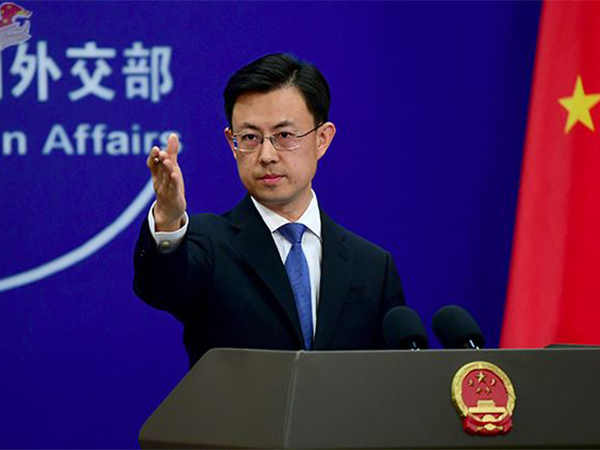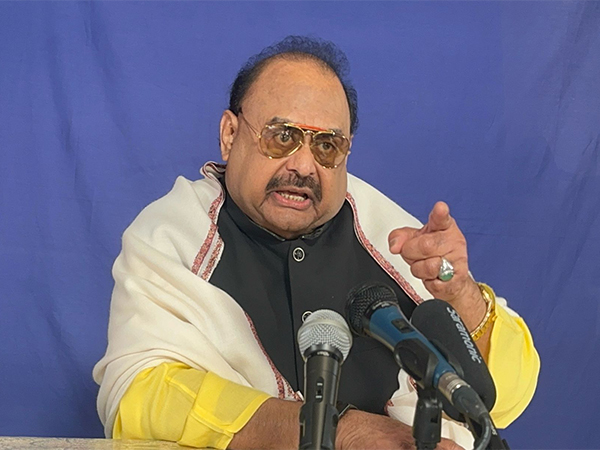DCGI nods anti-COVID drug developed by DRDO for emergency use
May 08, 2021

New Delhi [India], May 8 : The Drugs Controller General of India (DCGI) has approved the emergency use of an anti-COVID drug - 2-deoxy-D-glucose (2-DG) - as an adjunct therapy in moderate to severe COVID-19 cases.
According to Defence Research and Development Organisation (DRDO) statement, an anti-COVID-19 therapeutic application of the drug 2-deoxy-D-glucose (2-DG) has been developed by the Institute of Nuclear Medicine and Allied Sciences (INMAS), a lab of DRDO in collaboration with Dr Reddy's Laboratories, Hyderabad.
Clinical trial results have shown that this molecule helps in faster recovery of hospitalized patients and reduces supplemental oxygen dependence. A higher proportion of patients treated with 2-DG showed RT-PCR negative conversion in COVID patients. The drug will be of immense benefit to the people suffering from Covid-19 in the ongoing pandemic, it added.
Earlier in April 2020, during the first wave of pandemic INMAS-DRDO scientists conducted laboratory experiments with the help of Centre for Cellular and Molecular Biology (CCMB), Hyderabad and found that this molecule works effectively against SARS-CoV-2 virus and inhibits viral growth.
Based on these results, DCGI- CDSCO permitted Phase-II clinical trial of 2-DG in COVID-19 patients in May 2020.
Later, the DCGI further permitted the Phase-III clinical trials in November 2020. The Phase-III clinical trial was conducted on 220 patients during Dec 2020 to March 2021 at 27 COVID hospitals situated in states of Delhi, UP, West Bengal, Gujrat, Rajasthan, Maharashtra, Andhra Pradesh, Telangana, Karnataka and Tamil Nadu.
The detailed data of phase-III clinical trial was presented to DCGI.
Its selective accumulation in virally infected cells makes this drug unique. In the ongoing second wave of pandemic, a large number of patients are facing severe oxygen dependency and need hospitalization. The drug is expected to save precious lives due to the mechanism of operation of the drug in infected cells. This also reduces the hospital stay of COVID-19 patients and burden on health infrastructure of the country, the DRDO said.

















